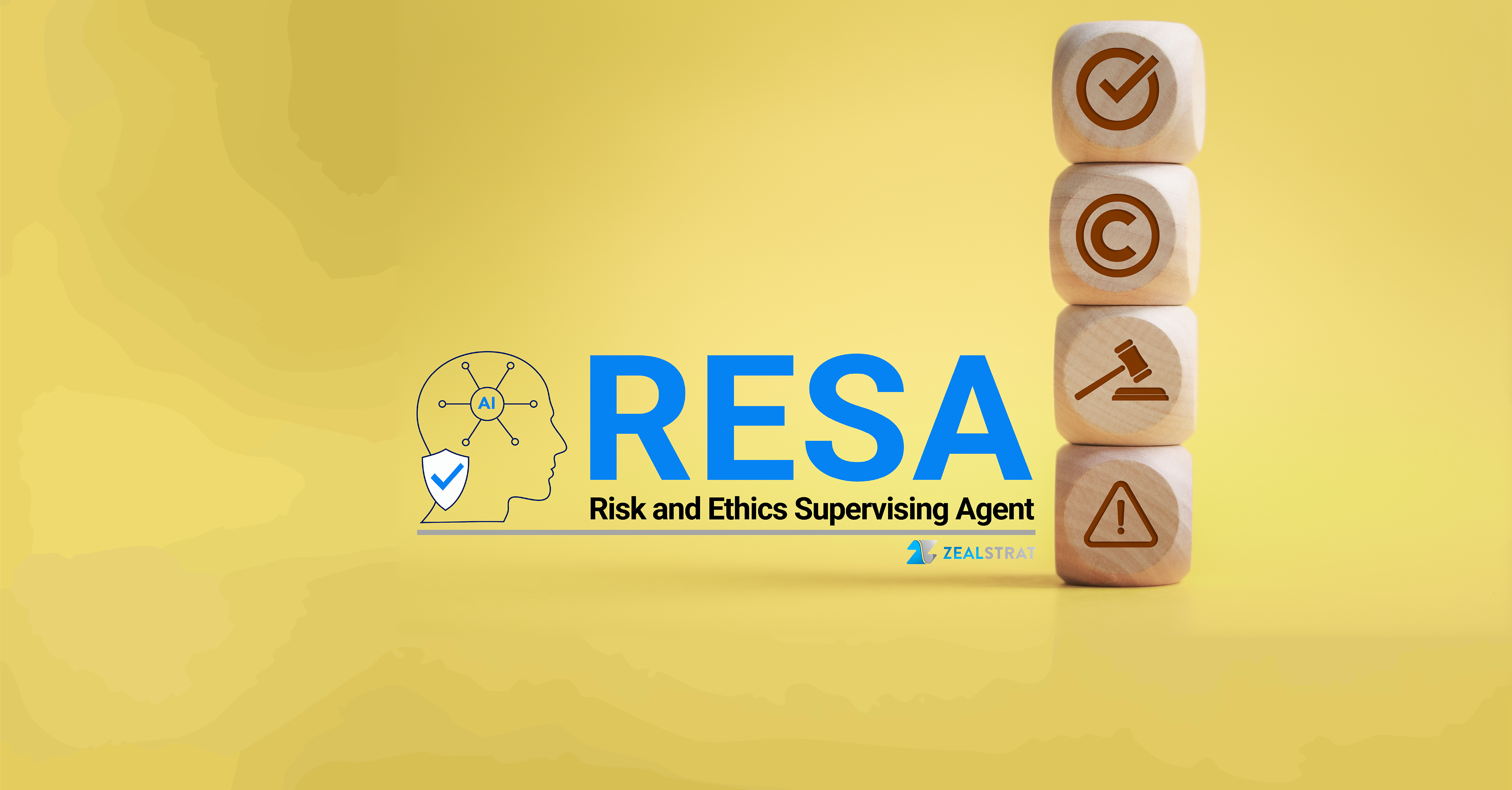
Managing AI Risks in New Product Development
Artificial Intelligence (AI) is rapidly transforming New Product Development (NPD)—making it faster, smarter, and more efficient. AI-driven market analysis, idea generation, prototyping, and testing are accelerating innovation while reducing costs.
But with these rewards come risks:
⚠️ Privacy concerns—AI may process sensitive data, leading to compliance issues.
⚠️ Bias risks—Unintended discrimination in AI-driven funding or market predictions.
⚠️ Lack of accountability—Who takes responsibility for AI-driven product decisions?
⚠️ Opaque decision-making—If we don’t understand why AI makes a recommendation, can we trust it?
The 2024 study by Cooper and Brem, published in Research-Technology Management, analyzed 13 key AI applications in NPD, highlighting that while AI can accelerate idea generation, market analysis, and product testing, its adoption remains uneven due to concerns about trust, fairness, and explainability. The study found that high-value applications, such as AI-driven simulations and product testing, deliver meaningful improvements to speed and decision-making. However, trust in AI-generated outputs and resistance to yielding decision authority highlight the importance of strong governance frameworks. These findings underscore the importance of proactively managing AI risks to unlock its full potential.
As an Authorized Lead Assessor for the IEEE CertifAIEdTM AI Ethics Standard and affiliate of Collaboration Partner ZealStrat, I’d like to share some insights into how an expert third-party, standards-based AI Ethics Assessment can empower companies to make informed decisions, striking the right balance between AI-driven innovation and responsible risk management in NPD.
How an IEEE CertifAIEdTM Assessment Enhances AI Decision-Making
1. Privacy Protection: Keeping AI Data Secure
AI-driven market research, NLP, and customer analytics require handling vast amounts of data. Without privacy safeguards, companies risk GDPR fines, CCPA violations, and reputational damage.
What a CertifAIEdTM Assessment does:
✅ Fosters data minimization, anonymization, and secure storage.
✅ Supports compliance with global data protection regulations.
✅ Evaluates adoption of privacy-preserving AI techniques like differential privacy.
Example: A company using AI for competitive analysis ensures that its data scraping techniques comply with privacy laws.
2. Fairness & Bias: Building Ethical AI
AI models can inadvertently reinforce biases, leading to unfair outcomes in funding decisions, product design, or consumer targeting.
What a CertifAIEdTM Assessment does:
✅ Reviews procedures to test for bias in AI models and the tactics to mitigate it.
✅ Promotes the use of diverse, representative training datasets.
✅ Evaluates the effectiveness of bias testing methods before AI deployment.
Example: An AI tool prioritizing NPD investments is audited to ensure fair resource allocation across demographics—reducing bias and increasing inclusivity.
3. Accountability: Defining Responsibility in AI
When it’s not clear who is responsible for corrective action when an AI-driven decision goes wrong, or for preventive action to avoid such failures, inadequate accountability can result in costly missteps.
What a CertifAIEdTM Assessment does:
✅ Confirms sufficient "human-in-the-loop" oversight in AI decisions.
✅ Examines governance structures to clarify responsibility.
✅ Verifies alignment of AI practices with corporate ethics policies.
Example: A company using AI for go/no-go decisions on product funding ensures that final approvals always involve human validation.
4. Transparency: Making AI Decisions Understandable
If teams don’t understand how AI works, they can’t trust or optimize its recommendations.
What a CertifAIEdTM Assessment does:
✅ Checks that AI provides clear explanations for its recommendations.
✅ Evaluates adoption of interpretable AI techniques (e.g., SHAP values, LIME).
✅ Reviews documentation and builds trust of AI decision-making processes.
Example: A company using AI simulations to predict product success ensures its models are auditable and interpretable, helping teams make data-driven, explainable decisions.
The Bottom Line: Turning AI Ethics into a Competitive Advantage
Companies that prioritize AI ethics gain business value from:
✅ Lower regulatory risk: Compliance with laws (bias, transparency, etc.) and documentation thereof.
✅ Lower reputational risk: Greater trust from investors, customers, suppliers.
✅ Competitive differentiation in responsible AI leadership, while harnessing the “superpowers” of AI-enabled New Product Development.
At ZealStrat LLC, we help organizations navigate the AI risk-reward tradeoff. As an Authorized Collaboration Partner for the IEEE CertifAIEdTM AI Ethics Standard, we provide:
✅ AI Ethics Training to equip teams with effective frameworks and practices.
✅ AI Risk & Ethics Assessments to evaluate AI-enabled system(s).
✅ Application for the IEEE AI Ethics Trustmark, giving clients a competitive edge in responsible AI deployment.
By working with ZealStrat LLC as their AI adoption partner, organizations can position their AI systems as trustworthy, fair, and accountable.
📩 Interested in making AI ethics a strength in your organization? Let’s talk.
Posts

Revolutionizing AI Compliance: Introducing ZealStrat's RESA
Compliance = Competitive Advantage In today's rapidly evolving AI landscape, en....

Why Prediction Markets Outperform Traditional Surveys
Smarter Forecasts. Sharper Decisions. In an era where data drives decisions, bu....

AI and Ethics in Practice: Podcast Episode
Our CEO Dr. Ganesan Keerthivasan and our Head of AI Ethics Dr. Tom Tirpak recent....

Why MLOps is Required: The Mission Control Imperative
Taking to heart the advice of business leadership expert Simon Sinek, let's star....

AI System Inventories - The Foundation for Governance
In a conference room last week, a CTO asked her team a seemingly simple question....

The Legal Implications of Ethical AI
As AI continues to permeate business and society, the legal landscape surroundin....